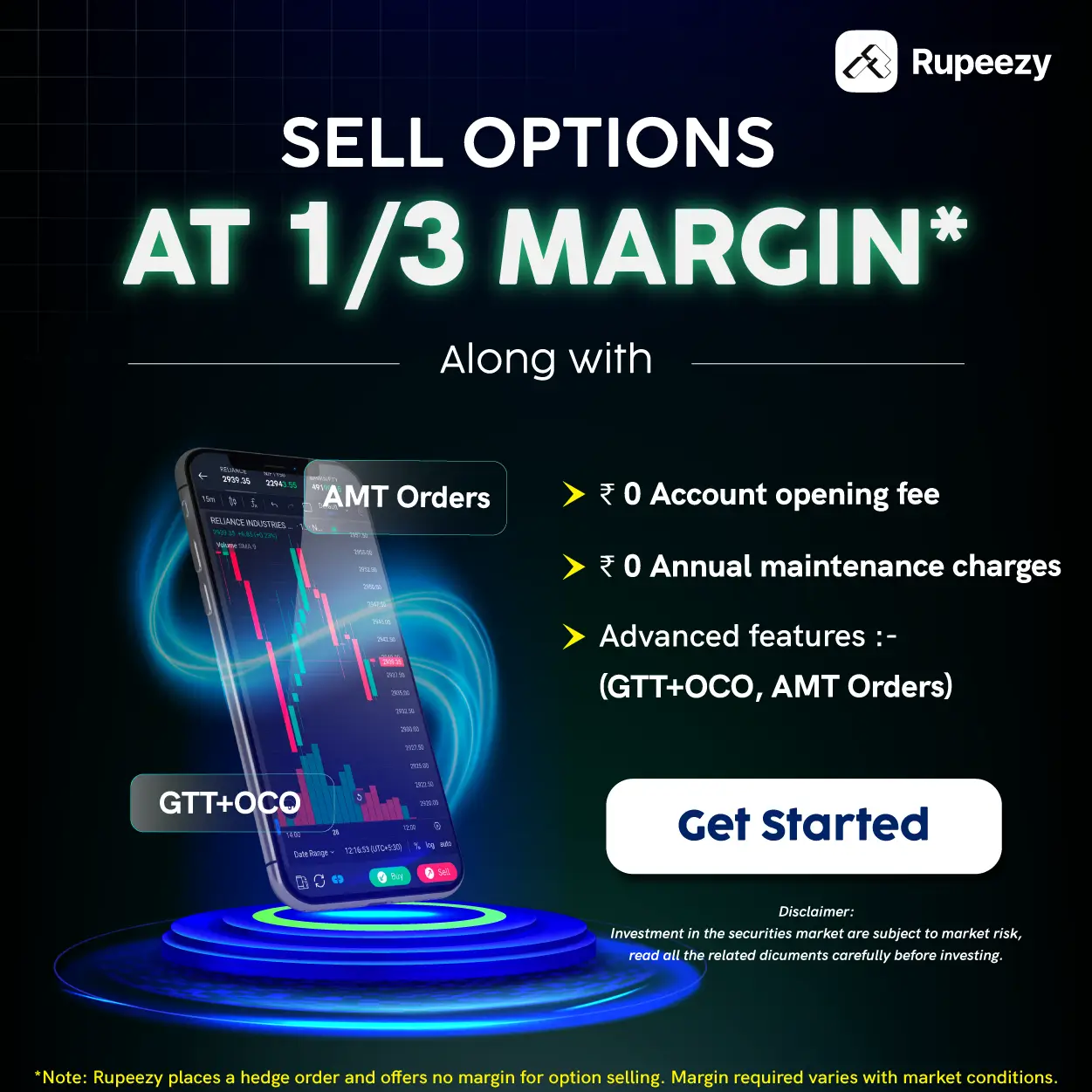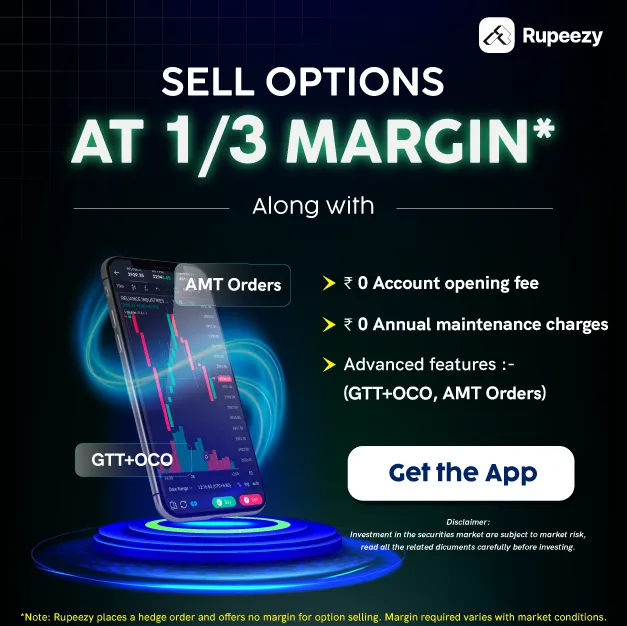The Future of Physical Settlement in All Futures and Options Stocks in 2023


00:00 / 00:00
Introduction
All Stock options and futures contracts will be physically settled from October 2019 expiry.
The market regulator SEBI made the way for physical settlement of stock derivatives earlier in April 2019.
This changeover from current cash Settlement to physical settlement is based on average daily market capitalisation of the stocks.
All stock derivatives which are currently cash-settled will move to physical settlement, the Securities and Exchange Board of India (SEBI) said in a circular posted on its website.
Which means If you hold a position in any of these contracts at expiry, you will be required to give/take delivery of stocks.
SEBI said it will move all stocks that are cash-settled to physical settlement in a phased manner.
Stock Derivatives Being Cash Settled Shall Move To Physical Settlement
Stocks which are being cash settled shall be ranked in descending order based on daily market capitalization averaged for the month of December 2018.
This means that the first 50 companies with the least market capitalisation will move to physical settlement in April contract.
Based on the ranking arrived above, the bottom 50 stocks shall move to physical settlement from April 2019 expiry onwards,
The next 50 stocks from the bottom shall move to physical settlement from July2019 expiry onwards, and the remaining stocks shall move to physical settlement from October 2019 expiry onwards.
Out of the 161 stocks traded in the futures and options segment, the physical settlement structure already exists for 116 stocks. However from Sept.
27 after this month expiry, or the start of October series, 45 stocks ,highly liquid and most traded in the F&O segment.
segments like Asian Paints, State Bank of India, Bharti Airtel, Britannia, HDFC Bank, HDFC, HUL, ITC, Bajaj Finance, Kotak Mahindra Bank, Reliance Industries, L&T, Hero MotoCorp, etc.
will also be delivered physically at the end of expiry unless squared off or rolled over.
The market regulator SEBI is doing this to control speculation and volatility in share market in India. On the other hand this will also promote borrowing and lending in securities.
The Securities and Exchange Board of India had last year approved a framework to strengthen the derivatives market.
What Is Physical Settlement in Derivatives

In a derivative market, the contracts are executed on a pre-decided settlement date (also known as expiry day).
Earlier in case of futures and options, on the settlement date, the contract seller may either choose delivery of underlying asset (knowns as physical settlement)
Or settle the net position through cash (i.e. cash settlement).
In other words till now trading in futures and options (In stocks, index) in India was cash-settled.
That means upon expiry of the contract, buyers or sellers settle their position in cash without taking delivery of the underlying.
However from october 2019 if you trading in stocks derivatives, now with physical settlement coming, as an trader if you don’t close or rollover your position till expiry date.
Than you will be required to pay the remaining amount upon delivery of shares to your demat account as part of the settlement.
How Physical Settlement Happens In Derivatives

Let us understand this through an example
So, if a trader buys 1 lot (600 shares) of Asian Paints limited(Rs.1770), he’s required to pay value at risk margin(VAR) margin in order to cover the losses.
This margin ranges between 15 percent and 35 percent depending on the volatility of the stock.
As this trade is leveraged you do not require to pay the entire contract value which can be around Rs 10,62,600 in above case.
Physical Settlement In Stock Futures from October 2019
As a trader if you initiate a long (buy) trade on a security and you forget or did not closed your contract till expiry, than you have to compulsorily take delivery of shares against your derivative position.
Hence need to pay the full contract value (value of underlying at settlement*lot size*no. of lots) from above example total Rs 10.62 lakh.
Incase of selling stock futures if the position is not covered or rolled over till expiry, than you have to give delivery of shares.
In above case of Asian paints you have to deliver 600 shares.
To put it differently suppose you sell any stock on T(trading) day, you are obligated to deliver the shares on T+2.
However it may happen that you sell some stocks but these stocks are not present in your demat account.
Hence you would not be able to give delivery of these stocks on T+2 and would end up defaulting.
This default is called “Short Delivery“.
If a trader doesn’t own 600 shares, he will have to pay the penalty by participating in the auction where he’ll have to purchase the shares from the market at a price higher than the current market price.
Physical Settlement In Stock Option from October 2019
If you are a option trader you shoud be aware of option moneyness.
If the option is (OTM) Out of the money on expiry, it will have no intrinsic value(Strike > Spot for CE and Strike < Spot of PE) and will expire worthless.
However, positions expiring In the money (ITM), only will be physically settle.
To put it another way OTM (Out of the money) options are those strikes which are above the final settlement price for calls and below the final settlement price for puts.
All OTM options will expire worthless. There will be no delivery obligations arising out of this. Only In the money (ITM) positions go in for physical settlement.
Example for Stock Option Buyer
As an illustration suppose you buy 1700 call strike of Asian Paint, and the stock on the expiry day closes at 1,710, it means the option is expiring in the money (ITM).
Hence, you will have to take physical delivery of shares, if you did not square-off your position till expiry.
However, If the contract expires below 1700, then it doesn’t go for physical settlement as it is out of the money (OTM).
A call is an option to buy security at a agreed price.
In like manner, if you buy a put contract and the stock closes at 1690 (ITM) and the position is not closed till expiry, then you will have to give delivery of shares.
A put is an option to sell security or an asset at an agreed price.
Example for Stock Option Seller
As an stock option writer (seller) suppose you sell a call of strike price 1700 call of Asian Paint but stock closes at 1710 and you did not square-off your position on the expiry day,
Then you have to give delivery of shares as it is expiring in the money(ITM).
Similarly, if you write a put option at a strike of 1,700 assuming it to expire above 1,700 but if the stock closes at 1,690 on expiry day and you did not sqaure-off your position,
Then you will have to take physical delivery of shares.
Therefore you need to square-off your all ITM(calls and puts) before expiry failing which you will have to end up delivering the shares.
As long as the covered calls remain OTM, there won’t be any delivery obligation. The option buyer will only lose all the premium he paid to buy the option contract.
That is why Stockbrokers aren’t allowing retail clients to take any position in stock derivatives in the expiry week to avoid any default until full margin is available.
If you don’t want your positions to be squared off, you will have to maintain an account balance which is equal to or more than the contract value of the derivative positions.
Hence, it is advisable for a client to square off all positions on your own before expiry.
Conclusion
The Indian market is considered one of the most speculative in the world as far as derivative contracts are concerned.
At present, if you compare cash market turnover to derivative market turnover ratio, Dalal Street has the highest level in the world.
That is why SEBI has bought physical settlement which will curb any wild swings on the expiry day.
Sebi has bought this also to increase securities lending and borrowing mechanism (SLBM) in India. It was introduced in 2008 where as a trader you can borrow shares for a fee.
Because of physical stock option settlement, activities and volumes will go lower. Moreover gradually more participants will be shifting their focus to index trading.
As the physical settlement will become compulsory for all securities, you as a trader can trade in next month futures or options or shift to index options of current series where there is high liquidity.
Nearly 40 percent of the positions in the derivatives market is accounted by retail clients. It may decline due to this change to physical settlement and high margin requirement.
Few Points to Remember
All positions that result in you receiving delivery of shares will require you to have funds equivalent:
- For Futures: Settlement Price * Lot Size * Number of lots
- For Options: Strike Price * Lot Size * Number of lots
- All positions that result in you having to give delivery of shares will require you to have shares in your demat account equal to the deliverable quantity.
- In case if you do not have the required quantity of shares, this settlement would result in a short delivery.
- Hence penalties shall be charged on such short deliveries accordingly. This can be as much as 20% or more.
- Margin penalties will be charged as prescribed by the exchange for all F&O positions(including long option contracts)
If you have any question or feedback please let us know in the comment box below.
The content on this blog is for educational purposes only and should not be considered investment advice. While we strive for accuracy, some information may contain errors or delays in updates.
Mentions of stocks or investment products are solely for informational purposes and do not constitute recommendations. Investors should conduct their own research before making any decisions.
Investing in financial markets are subject to market risks, and past performance does not guarantee future results. It is advisable to consult a qualified financial professional, review official documents, and verify information independently before making investment decisions.

All Category








